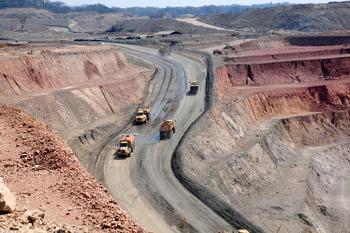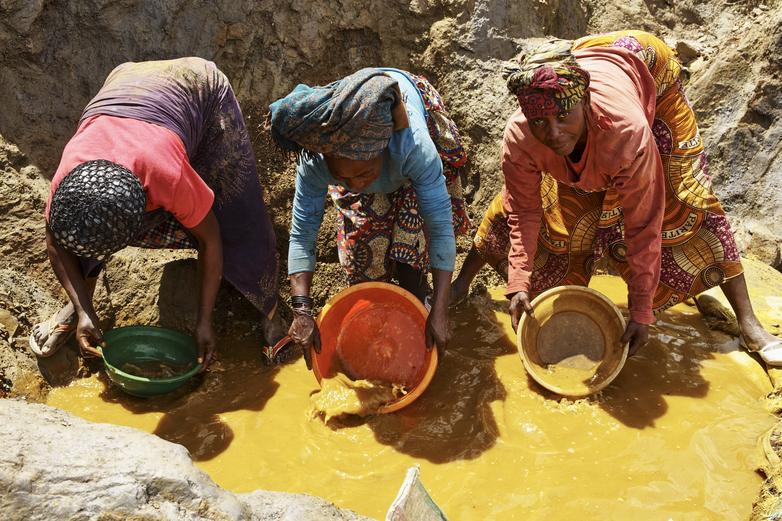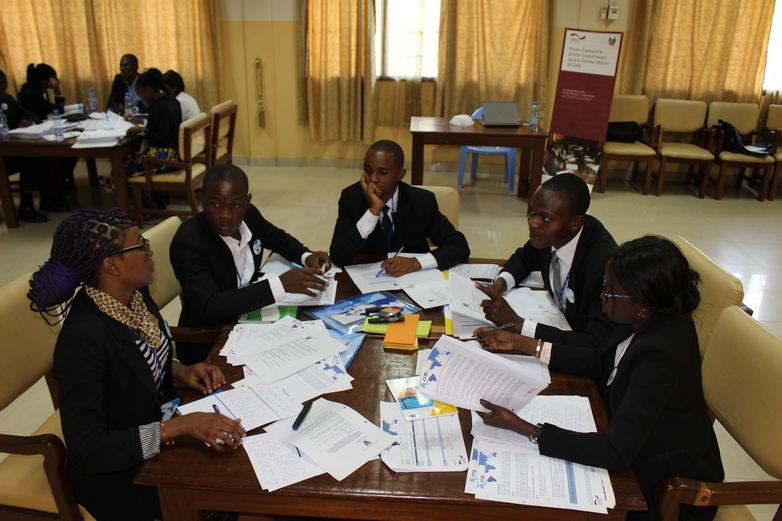Context
The Democratic Republic of the Congo (DRC) has a significant endowment of mineral reserves and natural resources. The country is Africa’s leading producer of copper and the world’s leading producer of cobalt. Additionally, DRC has extensive reserves of fossil fuels (oil and gas) along with precious metals such as gold and lithium.
The extractive industry currently contributes more than 25 per cent to the country’s gross domestic product and makes up over 95 per cent of exports. As such, it provides almost a third of government revenues. In parallel to industrial mining, artisanal and small-scale mining has also become widespread. However, these generally involve arduous conditions, with little heed paid to responsible extraction techniques.
Objective
Mining contributes to the country’s economic and social development. It also reduces poverty among the Congolese population.



